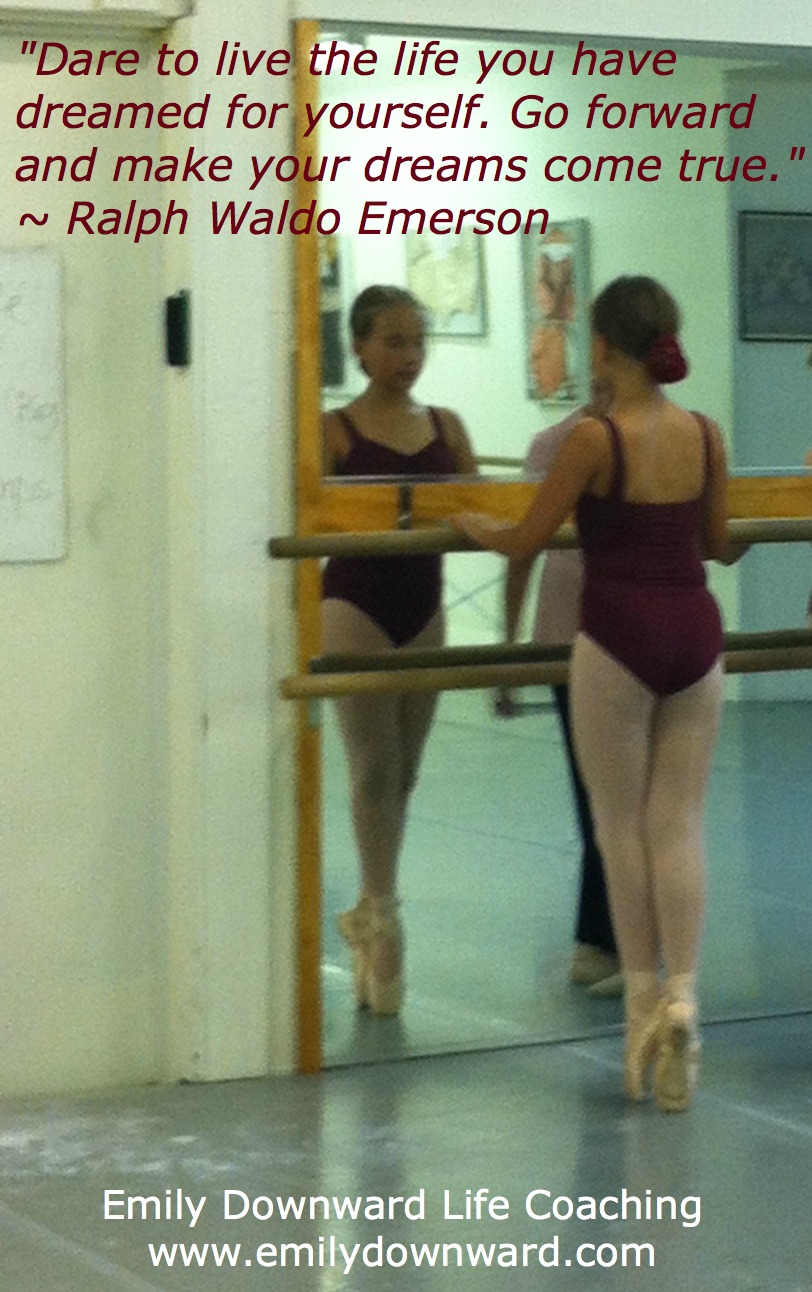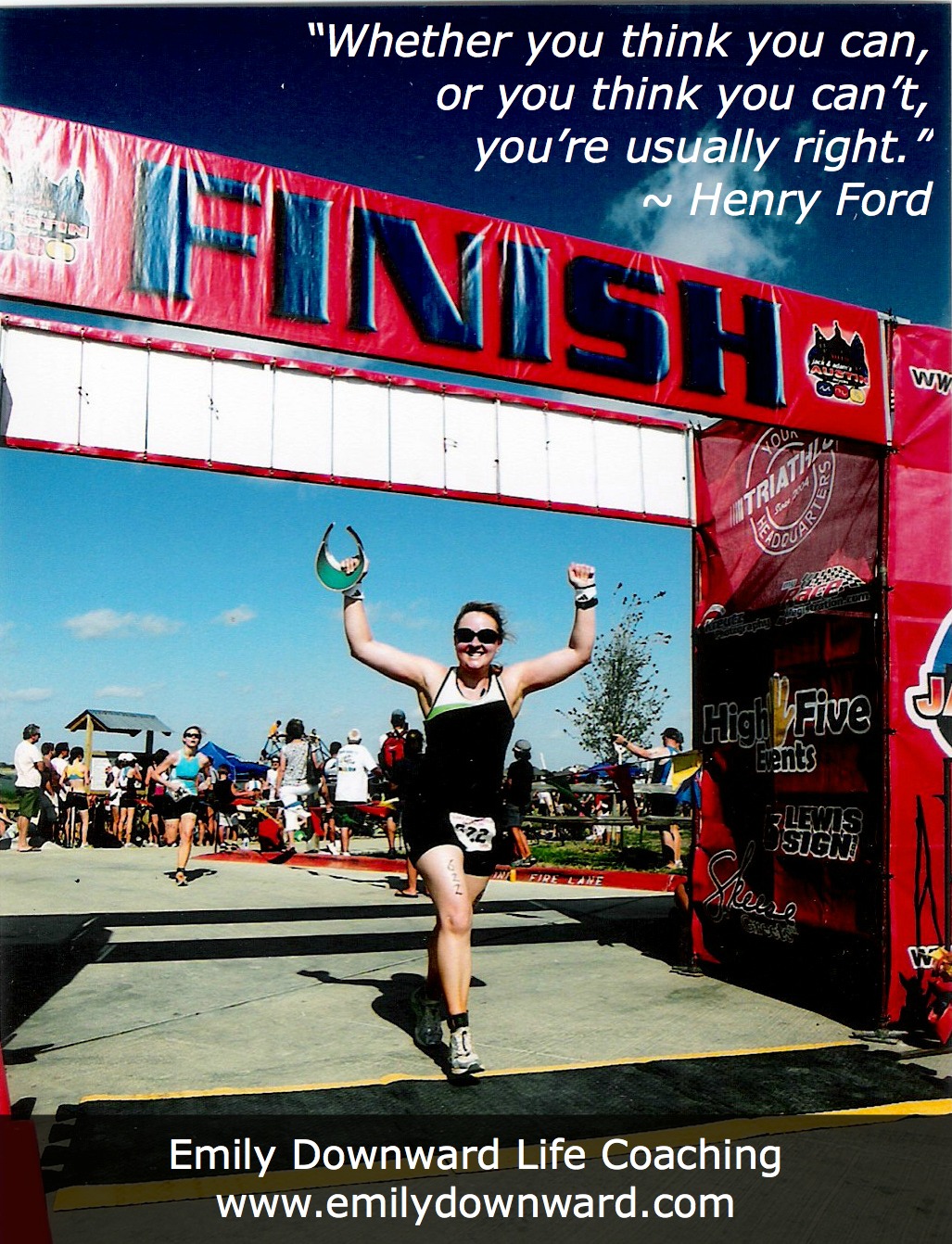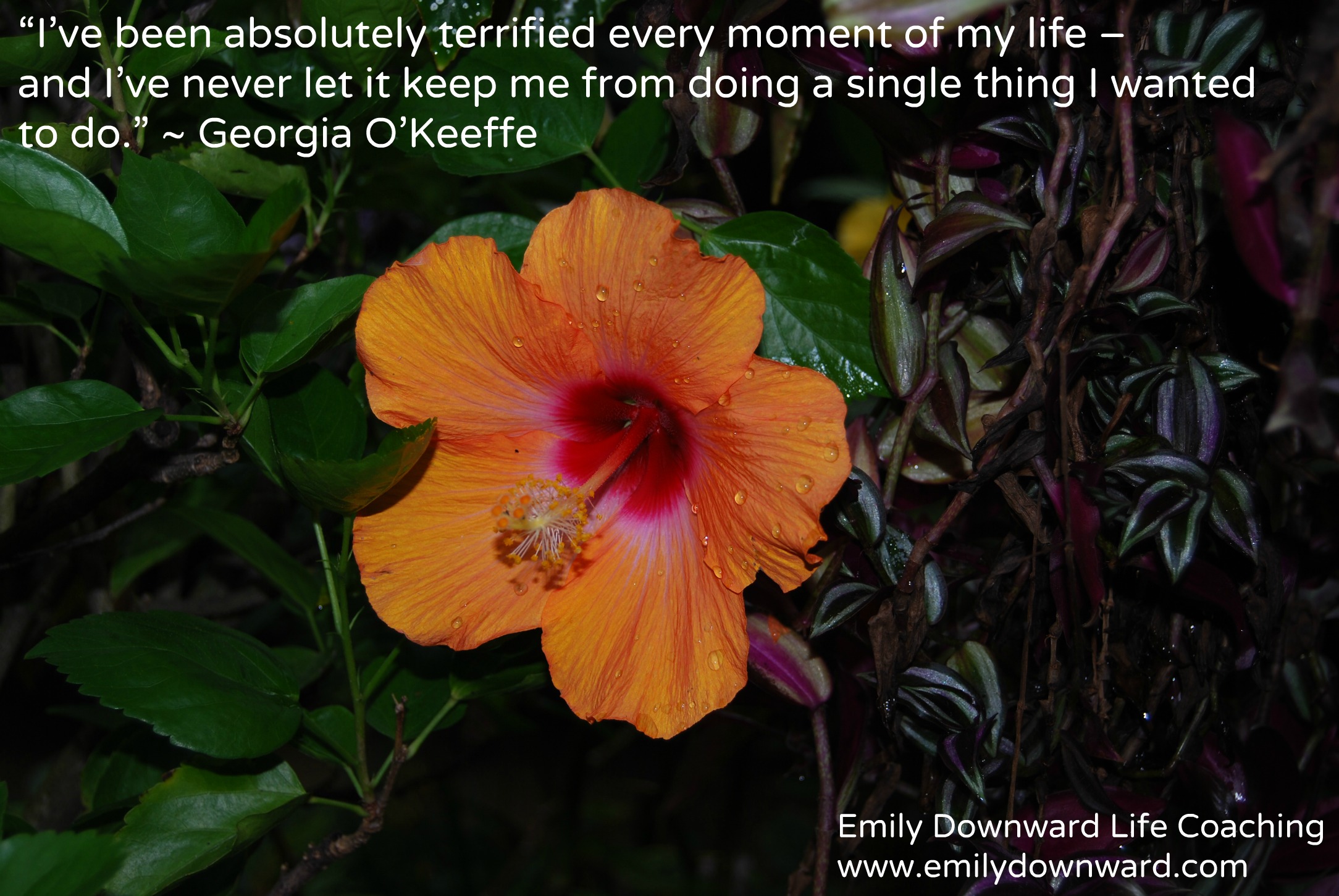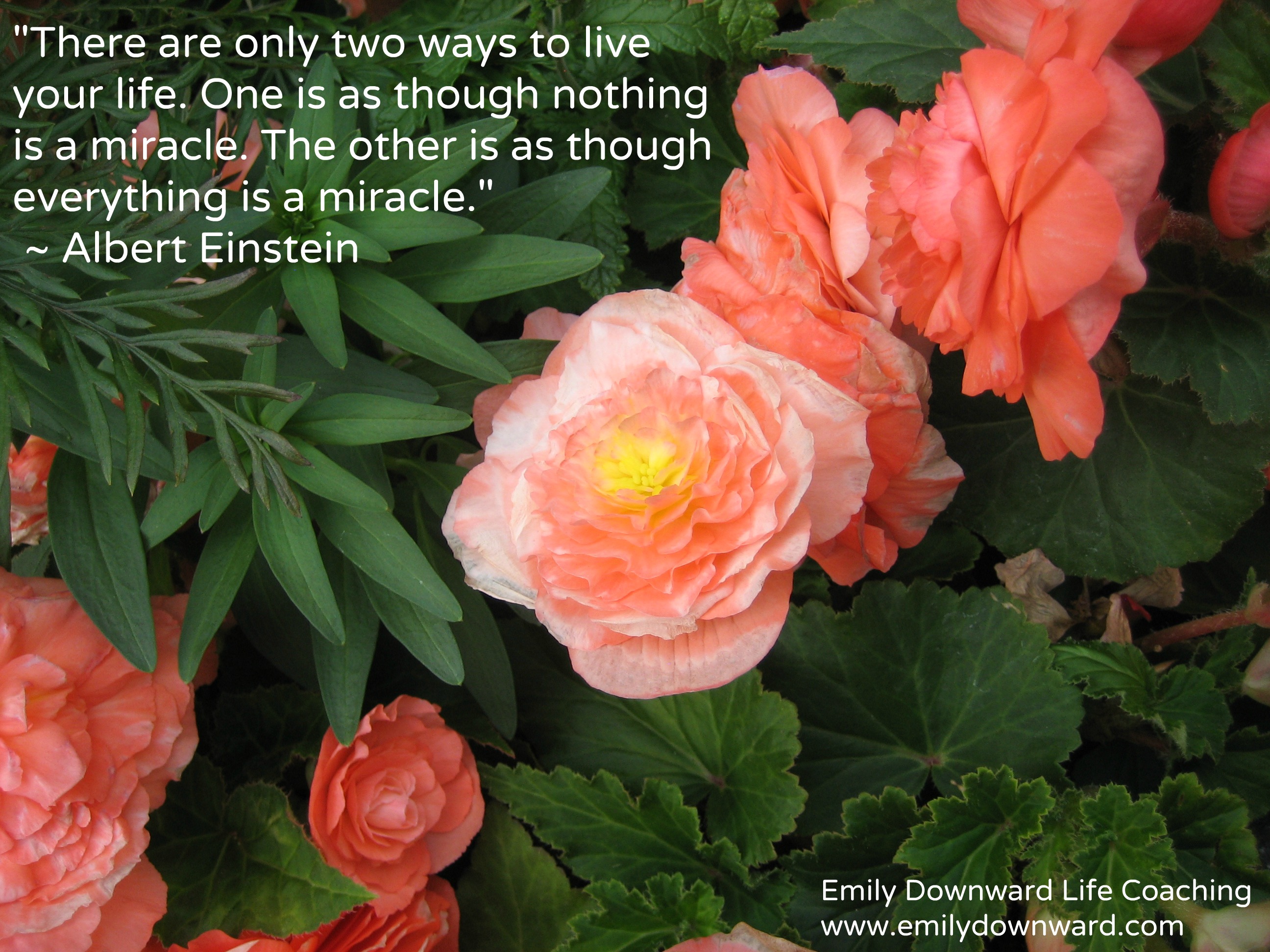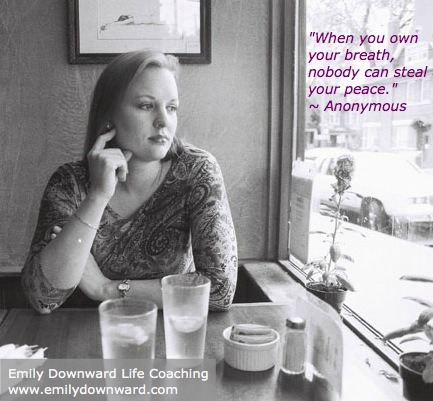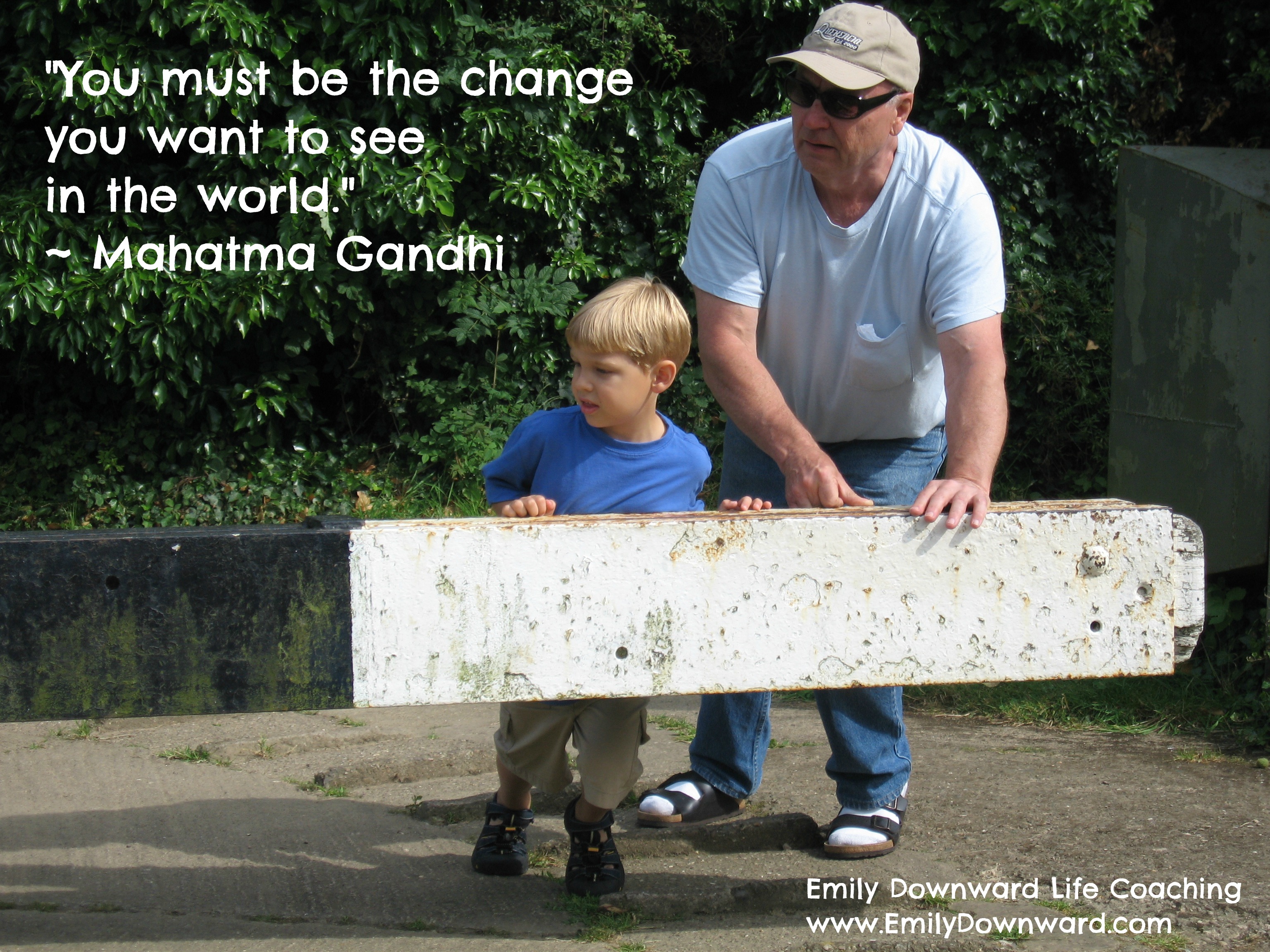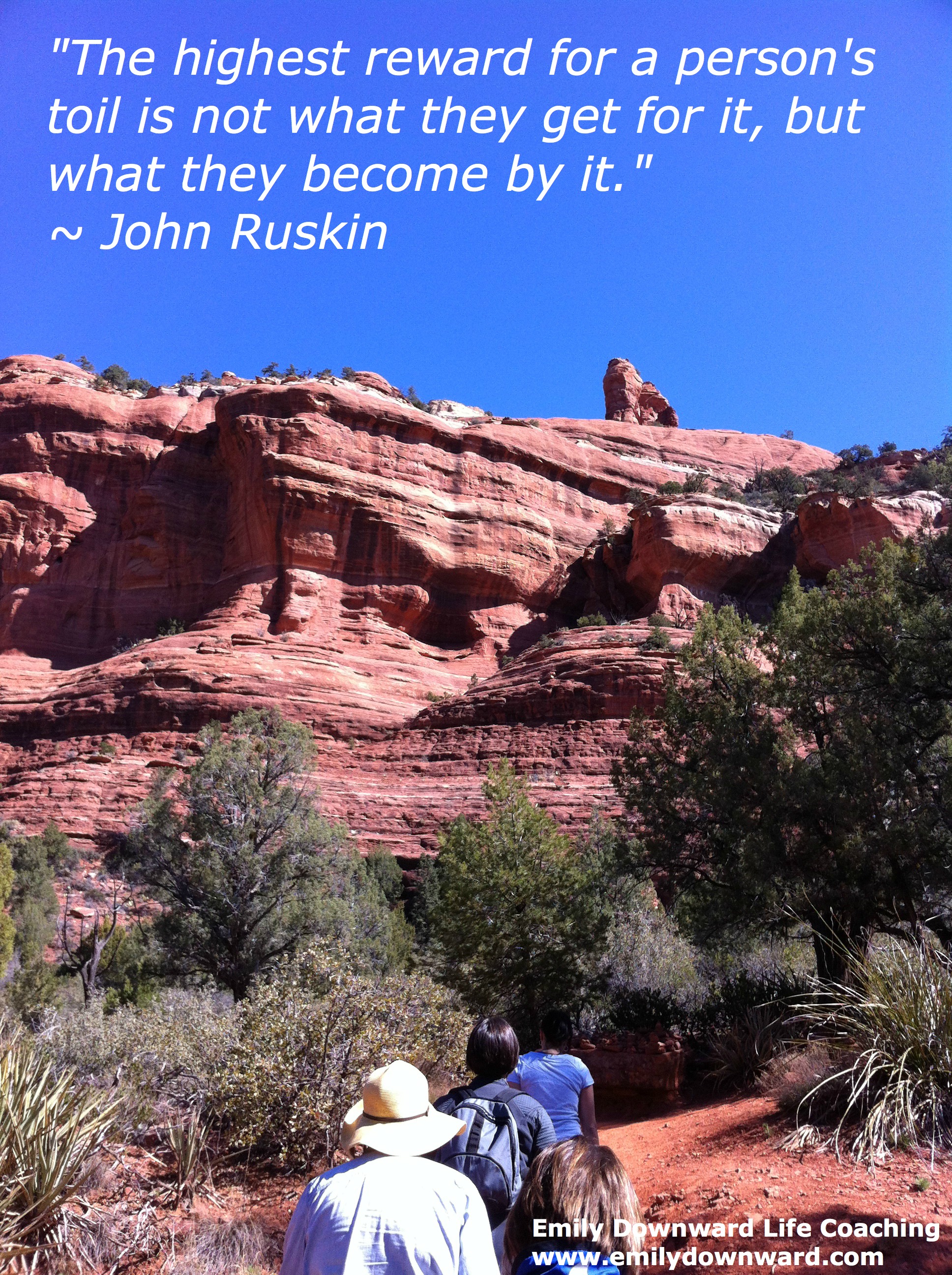 What do you want? What do you really want?
What do you want? What do you really want?
It’s a standard question coaches pose to clients, one that I pose to new clients, and one that I have pondered myself. What do I really want?
During times of great stress, sometimes all I could muster as an answer is for the stress or cause of pain to end. I think when you’re in the thick of it, it’s difficult to dream big. Like if you’re in the foyer of an Italian restaurant and someone asks you what you want to eat, you think of the Italian options – lasagna, spaghetti, manicotti, ravioli – you don’t even consider other cuisines, like Thai, Indian, or French, which you could have if you stepped out the door and walked down the street. You limit your options subconsciously. We do this in other areas of our lives, too.
So allow yourself to dream big, dream without rules or limitations, dream beyond your current circumstances, and come up with your heart’s desire. Got it?
Now, consider that what you really want isn’t what you’ve got in mind, but rather what you think having that thing or experience will make you feel. It’s all about the feeling state. How do you imagine you’ll feel when you have that perfect job, tons of money, the ideal body or your soul mate? That’s what you’re really after.
As Martha Beck writes in her book Steering by Starlight, while we think we’ll get these feelings by getting what we want, “External circumstances do not create feeling states. Feeling states create external circumstances.” Martha gives this example in the book:
“You’re an employer looking for someone to hire. Two candidates apply. One is desperate and frantic. ‘Please, please, I need this job; you’ve got to help me,’ he begs. The other candidate is calm and confident. He asks, ‘How can I help you?’”
Once you recognize the feeling state you’re after and find ways to feel that (or recognize where you already have this in your life), you’re much more likely to get what you’re wanting. (And you may find you don’t want it anymore, or at least not as much, once you realize you’ve already got what you really want, the feeling.)
Several of my clients are working towards their next promotion, and one mentioned to me that she really wanted the next title, that when she got that, then she would feel confident. Having been on both sides of that title (before and after), I told her from my experience that having the title doesn’t bestow that confidence. In fact, acting with confidence now, she’s more likely to receive that promotion.
So consider what you want, and then go deeper: what will you feel when you have that or experience that? Finding ways to experience that feeling now will not only give you more happiness, it will also make it easier for you to get those things you wanted in the first place.
